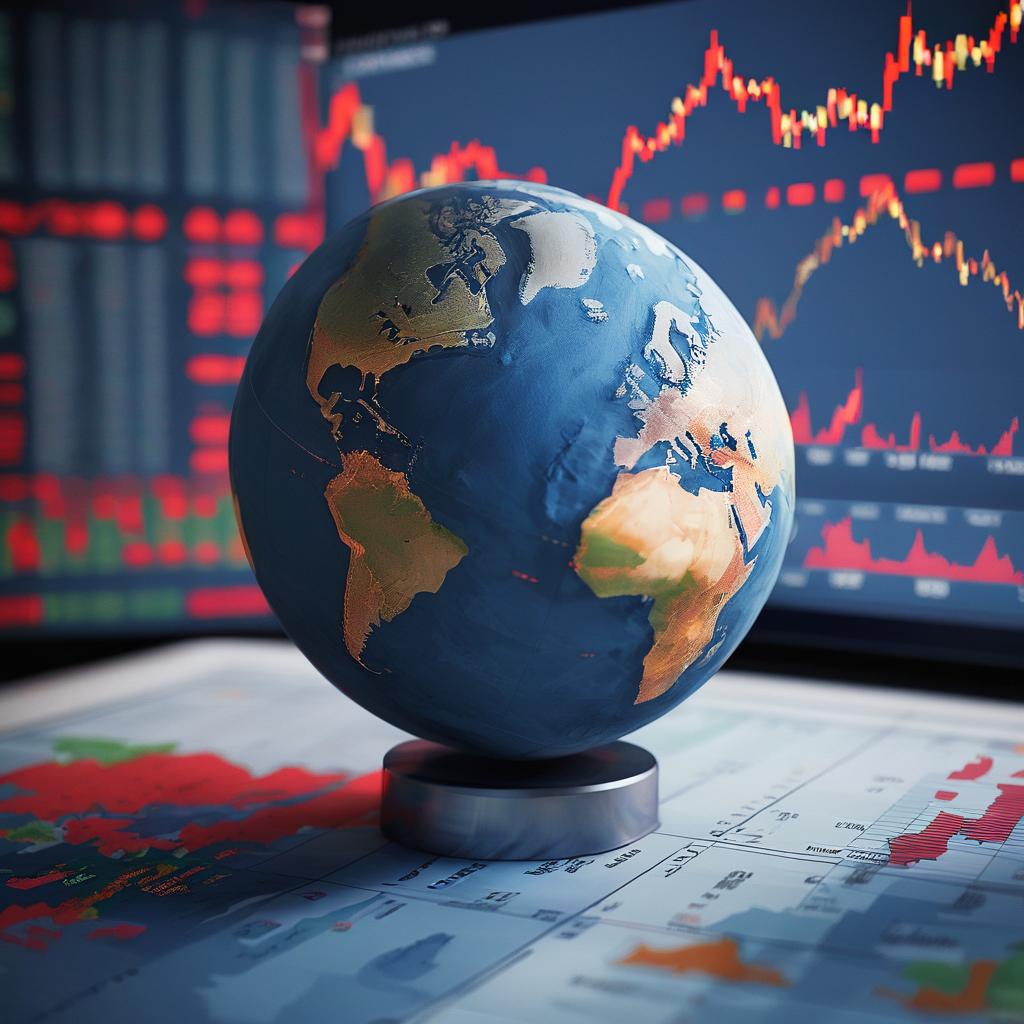Geopolitical events, such as conflicts, trade disputes, and political instability, can have a significant impact on stock market volatility. These events introduce uncertainty into the market, affecting investor sentiment, corporate profitability, and global economic outlook. In this article, we will explore the various ways in which geopolitical events influence stock market volatility and how investors can navigate these challenges.

1. Investor Sentiment in Market Volatility:
Geopolitical events often create uncertainty and fear among investors, leading to heightened market volatility. Negative news, such as geopolitical tensions or geopolitical crises, can trigger sell-offs as investors react to perceived risks and uncertainties. Conversely, positive developments, such as diplomatic breakthroughs or trade agreements, can boost investor confidence and lead to market rallies.
2. Economic Impact in Market Volatility:
Geopolitical events can have far-reaching economic consequences, impacting trade flows, commodity prices, and corporate earnings. Trade disputes between major economies, for example, can disrupt supply chains, increase production costs, and dampen corporate profits. Similarly, geopolitical tensions in key regions, such as the Middle East or East Asia, can disrupt energy markets and drive up oil prices, affecting industries reliant on energy inputs.
3. Policy Responses:
Governments and central banks often respond to geopolitical events by implementing policy measures to stabilize financial markets and support economic growth. Central banks may adjust monetary policy, such as lowering interest rates or implementing quantitative easing, to provide liquidity and support investor confidence. Governments may also introduce fiscal stimulus measures or regulatory changes to mitigate the economic impact of geopolitical events.
4. Sectoral Impacts:
Certain sectors are more sensitive to geopolitical events than others. For example, defense and aerospace stocks may benefit from increased military spending during geopolitical tensions, while technology companies with global supply chains may face disruptions and increased costs. Energy companies may see their stock prices fluctuate in response to geopolitical developments affecting oil prices, while multinational corporations with significant international exposure may experience currency fluctuations and operational challenges.
5. Long-Term Considerations:
While geopolitical events can create short-term volatility in the stock market, investors should also consider the long-term implications of these events. Historically, markets have demonstrated resilience and the ability to recover from geopolitical shocks over time. Therefore, investors with a long-term perspective may view market downturns resulting from geopolitical events as potential buying opportunities rather than reasons to panic.
Conclusion:
Geopolitical events play a significant role in shaping stock market volatility, influencing investor sentiment, economic fundamentals, and policy responses. While these events can create short-term uncertainty and market fluctuations, investors can mitigate risks and capitalize on opportunities by diversifying their portfolios, staying informed about geopolitical developments, and maintaining a long-term perspective. By understanding the impact of geopolitical events on stock market volatility and implementing sound investment strategies, investors can navigate turbulent market conditions and achieve their financial objectives over time.
